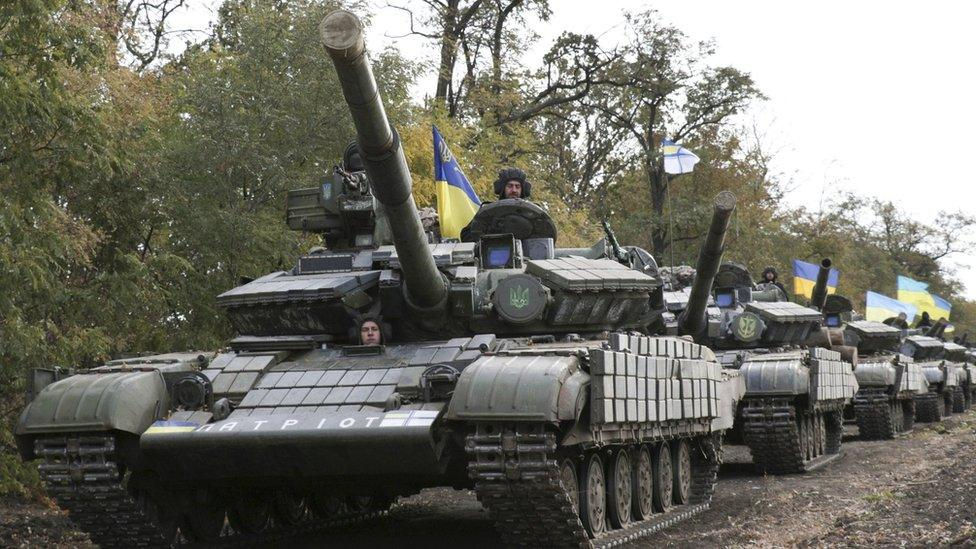After the Guns Fall Silent: Ukraine’s Strategic Place in a Reordered Europe
- Aug 17, 2025
- 3 min read

Wars do not merely destroy cities and claim lives; they reorder the architecture of international relations. When Ukraine’s war with Russia eventually ends, it will leave behind not only a devastated landscape but also a reshaped Europe. The question that looms is not simply how Ukraine will rebuild, but what role she will assume in a continent forced to reconsider its security, economy, and political identity.
Ukraine as Europe’s Eastern Bastion
For centuries, Ukraine has been the frontier between empires: Polish and Muscovite, Austro-Hungarian and Russian, Nazi and Soviet. In the twenty-first century, she has become the bulwark between a democratic Europe and an aggressive Kremlin. This function will endure beyond the war. Regardless of where the final battle lines are drawn, Ukraine will remain Europe’s shield, sitting across the routes by which Russia projects power into the Black Sea and central Europe.
NATO’s enlargement eastwards was once debated as a matter of choice. After Ukraine’s struggle, it has become a matter of necessity. Ukraine’s eventual membership—whether in NATO itself or a NATO-equivalent security arrangement (at the time of writing being touted by US politicians)—is no longer an abstract aspiration but a cornerstone of European stability. Kyiv’s battle-tested military, integrated into Western command structures, will transform Ukraine into the eastern pillar of continental defence.
The Political Consequences of Sacrifice
The war has not only redefined Ukraine’s external position but also her internal political character. Ukraine will emerge from this conflict as a state forged by blood, where national identity is rooted in resistance. Such experiences alter political cultures: the compromises of post-Soviet oligarchy will struggle to survive in a society that associates corruption with betrayal.
This transformation strengthens Europe. Ukraine’s integration will bring into the European Union a polity whose people have proven themselves fiercely committed to the values of democracy and sovereignty, not in theory but in practice. In an era when populist movements challenge the cohesion of the European project, Ukraine offers a new moral centre—a reminder that freedom is preserved not through rhetoric but through sacrifice.
Economic Role: From Periphery to Engine
The post-war reconstruction of Ukraine, although daunting, carries the potential to make her one of Europe’s key economic engines. With vast agricultural capacity, mineral resources, and an industrious population, Ukraine’s recovery can fuel continental growth. European investment, channelled into infrastructure, energy diversification and modern industry, will not merely rebuild what has been lost but will create an economy that rebalances Europe away from excessive dependence on Russian hydrocarbons and Chinese manufacturing.
Moreover the reconstruction effort itself will bind Ukraine into Europe. Roads, railways, and power grids will be rebuilt to European standards, integrating Ukraine physically into the continent’s economic space. In this way, Ukraine’s scars become conduits of her integration.
The Decline of Old Geopolitical Orders
When the guns fall silent, the greatest casualty of the war may be the European security order of the post-Cold War period. The illusion that Russia could be a partner in continental stability has been shattered. So too has the belief that Europe’s prosperity could rest upon cheap Russian energy. The new order will be one of fortification: militarised borders to the east, sanctions that outlast the fighting, and an industrial strategy that prizes resilience over dependence.
Within this context, Ukraine ceases to be a peripheral state. She becomes central to Europe’s new self-conception: the state that proved Russia could be resisted, the society that bore the costs of defending values others had taken for granted. Europe cannot return to the geography of 1991; her boundaries of security and economy have shifted eastwards, with Ukraine at the core.
A Reordered Continent
After the guns fall silent, Ukraine will not slip back into obscurity. She will stand as Europe’s eastern bastion, a moral compass reminding the continent of the price of liberty, and an economic partner whose recovery benefits the whole Union. Her place in Europe’s reordered map is secured not by concession but by endurance.
The war has already shown that Ukraine is not merely defending herself; she is redefining Europe. When the time comes for peace, Europe must recognise that she cannot be whole without Ukraine—not as buffer or client, but as equal and indispensable partner in the security and prosperity of the continent.




